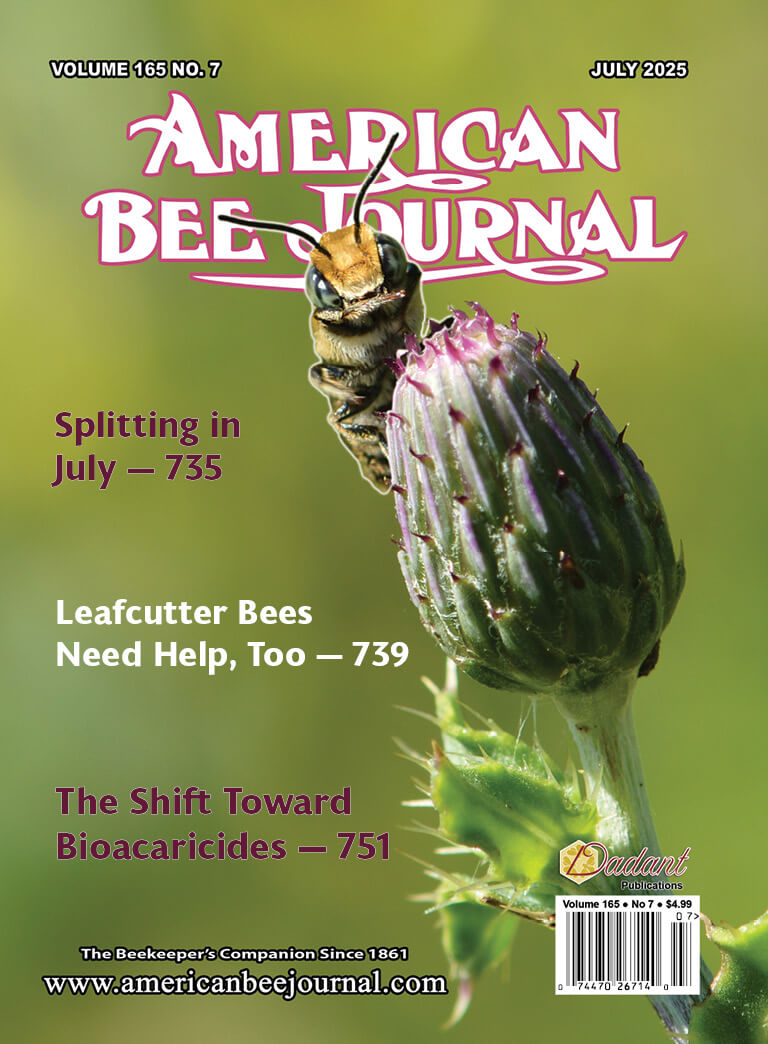SPRING CITY, Tenn. — More than 650,000 homes enjoy the 1,150 megawatts of milk and honey that flows from Watts Bar Nuclear plant and illuminates the bulbs above the kitchen table. But now, the Tennessee Valley Authority plant is helping pollinate Rhea County with a giant swarm of 25,000 honey bees that was rescued from its 1,700-acre reservation in June.
Today, the bees are thriving in a hive positioned by a small garden about 8.5 miles north of the plant. The hive is being cared for by beekeeper Billy Thedford, who is a member of the Rhea County Beekeepers Association (RCBA).
Thedford is preparing to split the Watts Bar bee colony into multiple hives in hopes of gradually repopulating the bee numbers in Rhea County over time. With the help of other beekeepers, he plans to position each stable hive in different locations across the county — creating lasting value for the entire community.
“If we treat these bees right, the benefits of this one hive could go on forever,” Thedford says.
How the bees were saved
The event happened when a TVA employee, Mark Porter — who happens to be a beekeeper — spotted a colony of honeybees at work.
A queen had split off and led half her colony of worker bees across the site in search of a new home. Assembled on a concrete structure outside the plant’s maintenance building, the swarm was waiting for the colony’s “scout bees” to return.
“Most people’s first instinct is to spray them dead, but these pollinators are crucial to our food supply and need to be saved,” Porter says — not to mention it’s illegal to kill honeybees in the state of Tennessee.
After a few phone calls, the Rhea County Beekeepers Association dispatched Thedford, who specializes in relocating wild bee swarms.
Together, Thedford and Porter used a turkey feather to gently swipe the bees into a swarm box for transport.
“The site responded beautifully,” says Jerri Dolan, TVA environmental scientist. “Our employees made the area safe, while also looking out for the wellbeing of these important pollinators. It’s a perfect example of properly handling both safety and environmental factors.”
Benefits of bees
This year the nation saw a 38 percent loss in managed colonies — one of the highest on record, according to Bee Informed Partnership. Last year, Tennessee’s 65 percent winter loss was the second highest state, while Arizona’s devastating die-off topped the chart at 72 percent.
“The losses we’re experiencing due to parasites and other diseases is intolerable. Imagine if 40 percent of …


